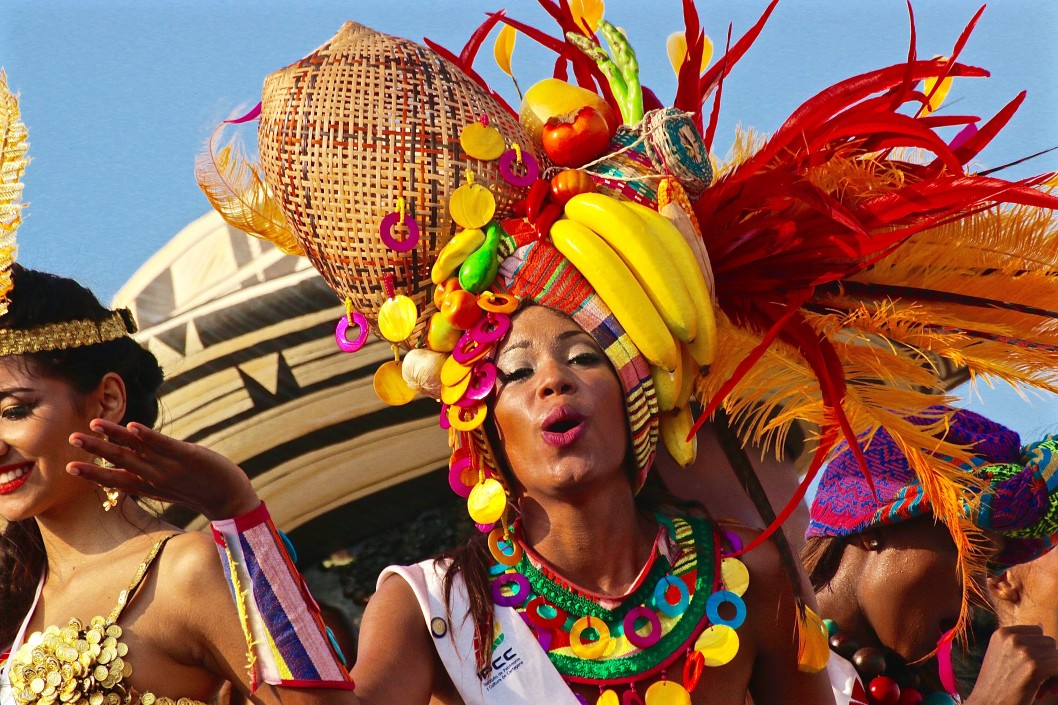Afro-Colombian moonshine has officially been recognized by government officials as a ‘cultural and ancestral heritage’ drink.
It’s a recognition that will not only acknowledge the contributions of African Colombians, but also allow this marginalized and often overlooked population to create generational wealth.
A study done by AFL-CIO found that Afro-Colombians make up at least one-quarter of the entire population. Despite these numbers, roughly 80% of Afro-Colombians live in poverty. More than 30% have no water and sanitation services, and their infant mortality rate is more than three times the national average.
But the recent recognition of viche aka Afro-Colombian moonshine from the Colombia Senate could change that.
Viche is traditionally distilled from raw sugar cane then mixed with local herbs and fruits. It’s a liquor so strong that many locals believe it can cure snakebites, as reported in the Guardian.
You won’t find it in many stores in Colombia because it’s mainly sold on the side of the roads and the beachfront across the Pacific Coast.
There’s currently a law, awaiting President Iván Duque’s approval, that would allow the liquor to be produced at a larger scale.
“A drink of viche or any other distillate of the Afro-Pacific communities that is framed as an ancestral drink, is not considered only a liquor, it is a product that brings with it the history, culture and knowledge of Afro-Colombian medicine, said Colombia lawmaker Jhon Arley Murillo.
Local business organizers agree and are excited about the opportunities this new recognition will bring.
“This is just the beginning,” said local viche distiller, Lucia Solís, who says her family has distilled the drink for six generations. “We’ve been here for 300 years making viche, and now we can get distribution on a large scale.
She adds, “this will give opportunities to our children, and to allow all of us to share our culture. Soon you will be able to take one sip of viche and you will taste the Pacific.”
Viche has has an ABV of about 35% and has traditionally been prepared by Afro-Colombia women.
